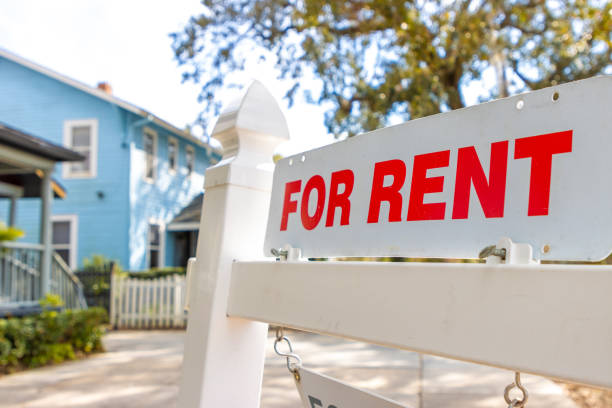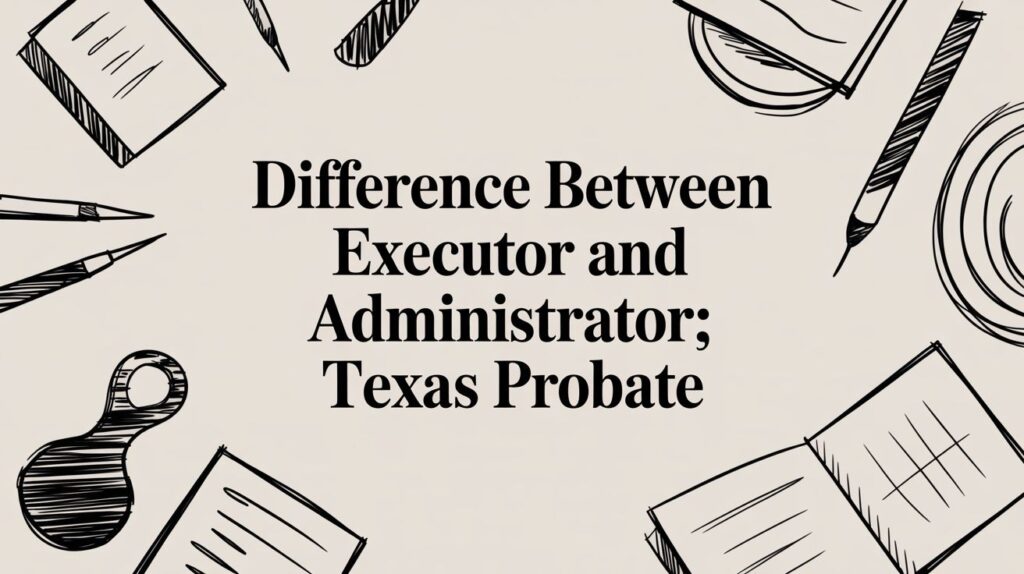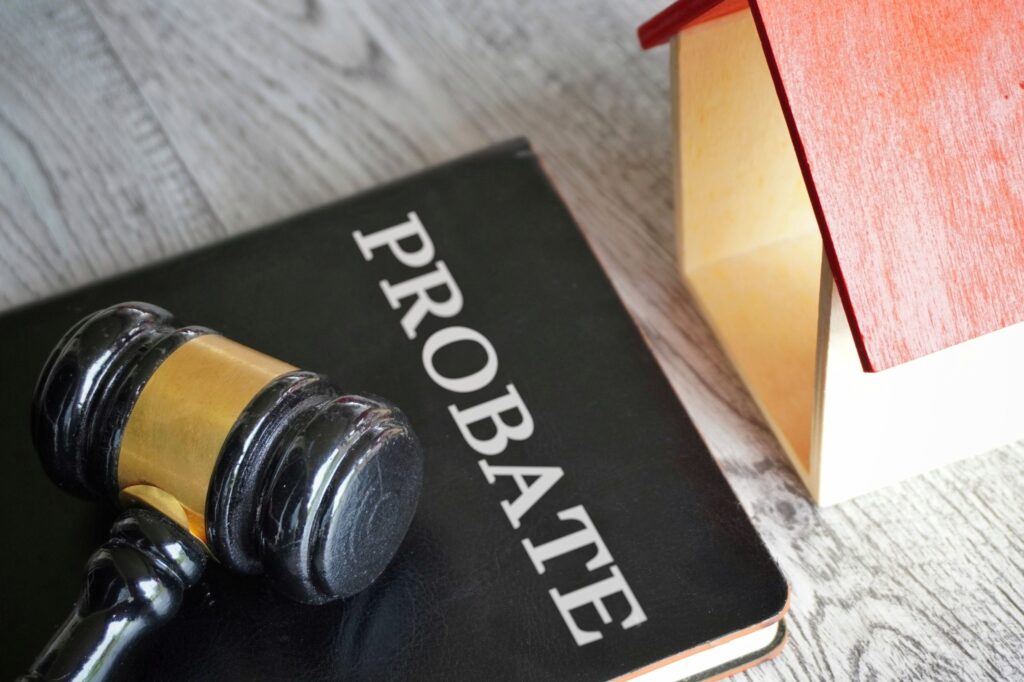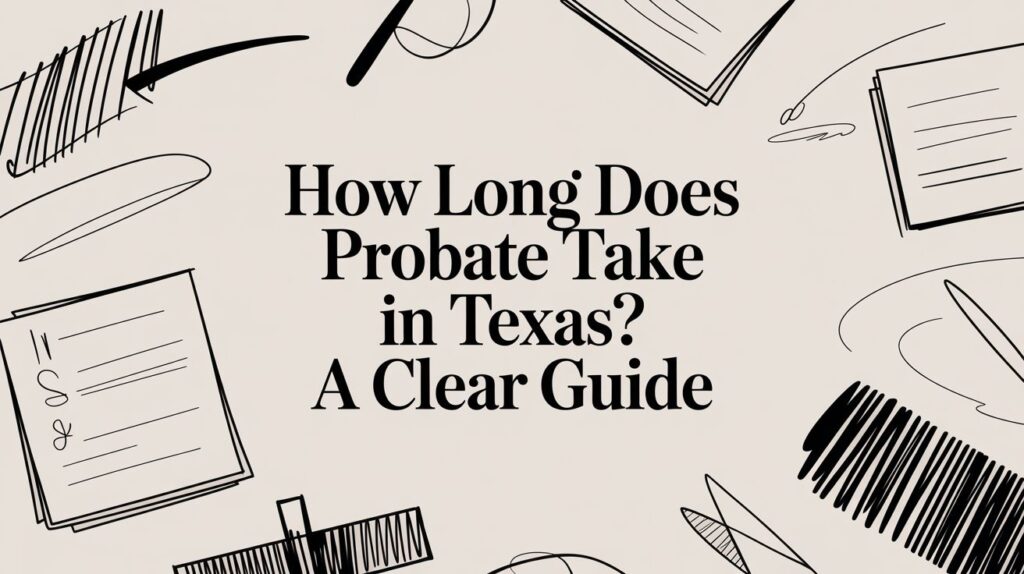Short-term rentals (STRs) have transformed the Texas real estate market in the past decade. Platforms like Airbnb and Vrbo have made it easier than ever for homeowners to turn their properties into income-generating vacation stays. Whether it’s a beachside condo in Galveston, a trendy loft in Austin, or a cozy farmhouse in the Hill Country, short-term rentals have created lucrative opportunities for property owners.
However, not everyone is happy about the boom. Many Texas cities are cracking down on STRs, enacting new regulations that limit how and where they operate. The reasons vary—from complaints about noise and community disruption to concerns about housing affordability and the loss of long-term rental options. Some cities have imposed outright bans in certain neighborhoods, while others have introduced permit requirements, occupancy limits, and increased taxes.
For property owners, investors, and potential buyers looking to enter the short-term rental market, it’s critical to understand the legal landscape. The rules are changing fast, and what works in one city might be illegal in another. So, which Texas cities are making the biggest moves to regulate STRs, and why?
The Rise of Short-Term Rentals in Texas

Texas has long been a prime market for short-term rentals. The state’s diverse attractions—ranging from major cities like Houston and Dallas to outdoor destinations like Big Bend and the Gulf Coast—draw millions of visitors every year. STRs provide an alternative to traditional hotels, often offering more space, unique amenities, and the convenience of a home-like setting.
The industry exploded in the 2010s, with Airbnb reporting record numbers of Texas hosts listing their properties. Investors took note, purchasing homes specifically for STR purposes and transforming entire neighborhoods into rental hotspots. In high-demand areas, STRs generated significantly more income than long-term rentals, leading many landlords to shift away from traditional leasing in favor of short-term stays.
But as STRs gained popularity, the backlash began. Residents in many cities complained that their once-quiet neighborhoods were turning into party zones, with a revolving door of noisy tourists disrupting the local way of life. Housing advocates argued that STRs were driving up property values and rent prices, making it harder for locals to find affordable housing. Hotel industry groups also pushed back, arguing that STRs had an unfair advantage by avoiding the regulations and taxes that traditional accommodations had to follow.
Austin: The Battleground for STR Regulations
Austin has been at the center of Texas’ short-term rental debate. As one of the most popular STR destinations in the state, the city saw a rapid increase in listings—particularly in its downtown and East Austin neighborhoods. But as STRs multiplied, so did the complaints from residents who felt their neighborhoods were being overtaken by tourists.
In response, Austin implemented some of the strictest STR laws in the state. The city divided STRs into three categories:
- Type 1: Owner-occupied rentals where the host is present during the stay.
- Type 2: Non-owner-occupied rentals, such as investment properties rented out full-time.
- Type 3: Multi-unit STRs in apartment complexes or condos.

Austin banned new Type 2 STRs in residential areas—meaning investors could no longer buy properties solely for the purpose of short-term renting in most neighborhoods. Existing Type 2 STRs were allowed to continue operating, but only if they maintained their permits, which were becoming increasingly difficult to renew. The city also imposed strict noise and occupancy rules, along with a requirement for STR operators to register and pay hotel occupancy taxes.
Enforcement has been a major challenge. Despite the restrictions, many illegal STRs continue to operate, with the city struggling to keep up with complaints and penalties. Some property owners have fought back in court, arguing that the regulations violate their property rights. The legal battles over Austin’s STR rules are ongoing, but for now, the city remains one of the toughest places in Texas to operate a non-owner-occupied STR.
Dallas and Fort Worth: Stricter Rules in Residential Areas
Dallas has taken a more aggressive stance against STRs in residential areas. In 2023, the Dallas City Council voted to ban short-term rentals in most single-family neighborhoods, effectively eliminating a large portion of the city’s Airbnb market. The new rules allow STRs only in commercial and mixed-use zones, significantly reducing the number of eligible properties.
The crackdown came after years of resident complaints about noise, parking congestion, and property upkeep issues. Many homeowners argued that STRs were bringing transient visitors who had little respect for the neighborhood’s character. Neighborhood associations played a key role in lobbying for stricter enforcement, pushing the city to take a harder stance.
In contrast, Fort Worth has opted for a permit-based system rather than an outright ban. Property owners in Fort Worth must register their STRs with the city, follow strict occupancy limits, and adhere to noise ordinances. Violations can result in hefty fines or permit revocation, but unlike Dallas, Fort Worth still allows STRs in many residential areas—provided they comply with the rules.
Houston: A More Lenient Approach
Unlike Austin and Dallas, Houston has taken a more hands-off approach to STR regulation. As the largest city in Texas and one of the few without zoning laws, Houston has largely allowed STRs to operate freely. However, that doesn’t mean property owners are off the hook.
Houston requires STR operators to collect and remit hotel occupancy taxes, just like traditional hotels. The city also enforces general noise and nuisance ordinances, meaning STR owners who repeatedly disturb neighbors can face fines or legal action.

While Houston remains a friendly environment for STRs, some neighborhood associations have enacted their own restrictions. Many deed-restricted communities have banned STRs through homeowners’ association (HOA) rules, preventing owners from renting their properties on platforms like Airbnb. This means that while the city itself is lenient, many individual neighborhoods still impose their own limitations.
San Antonio and Other Cities: Finding a Middle Ground
San Antonio, one of Texas’ top tourist destinations, has opted for a more balanced approach. The city allows STRs in most areas but requires operators to obtain a permit, pay occupancy taxes, and comply with noise and safety regulations. Unlike Austin, San Antonio has not banned investor-owned STRs outright, but it does cap the percentage of STRs allowed in certain neighborhoods to prevent oversaturation.
Other Texas cities have taken a similar approach, implementing registration requirements and occupancy limits rather than outright bans. Places like Corpus Christi, Galveston, and Waco—popular STR markets due to tourism—have focused on striking a balance between allowing STRs to thrive while preventing them from overwhelming residential communities.
Why Are Cities Cracking Down?
The crackdown on short-term rentals in Texas isn’t just about noise complaints. There are several key reasons why cities are imposing stricter rules:
- Preserving Neighborhood Character – Many residents feel that STRs disrupt the sense of community, replacing long-term neighbors with a constant flow of strangers.
- Addressing Housing Affordability – Some officials believe STRs contribute to housing shortages by reducing the number of available long-term rental units, driving up prices.
- Ensuring Fair Taxation – Hotels have long been required to pay occupancy taxes, and cities want to ensure STRs do the same.
- Responding to Local Complaints – City councils often take action after mounting pressure from homeowners and neighborhood associations.
Conclusion: The Future of STRs in Texas
The future of short-term rentals in Texas remains uncertain. Some cities are tightening restrictions, while others are embracing STRs as a key part of their tourism economy. For investors and homeowners, staying informed about local regulations is crucial. While STRs can still be a profitable venture in Texas, property owners must navigate an increasingly complex legal landscape. Understanding which cities are cracking down—and why—can help investors make smarter decisions and avoid costly surprises.








